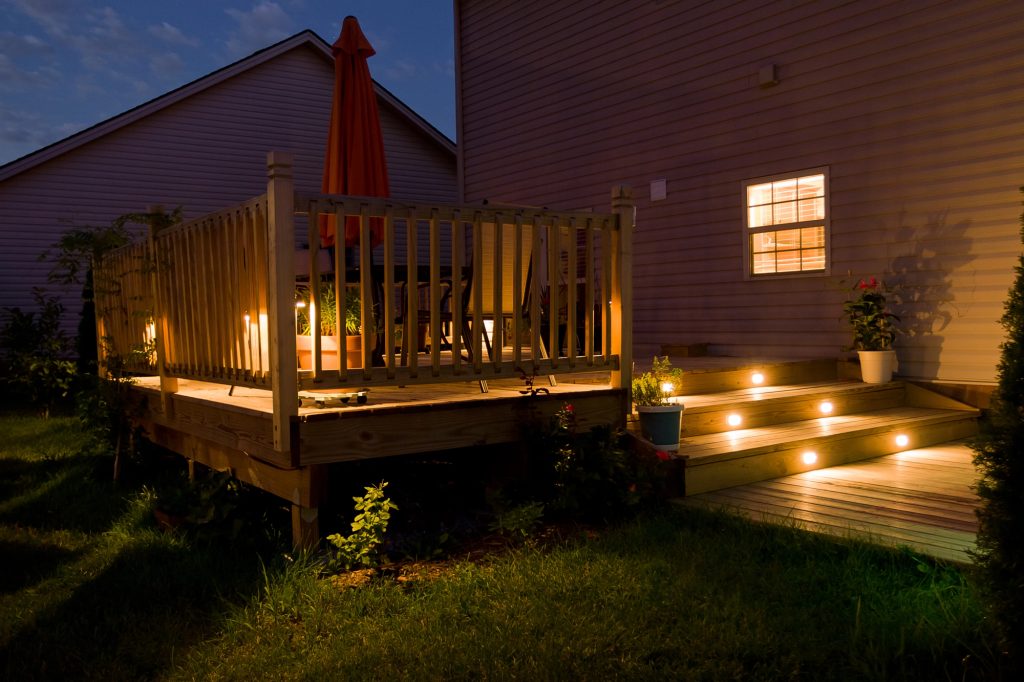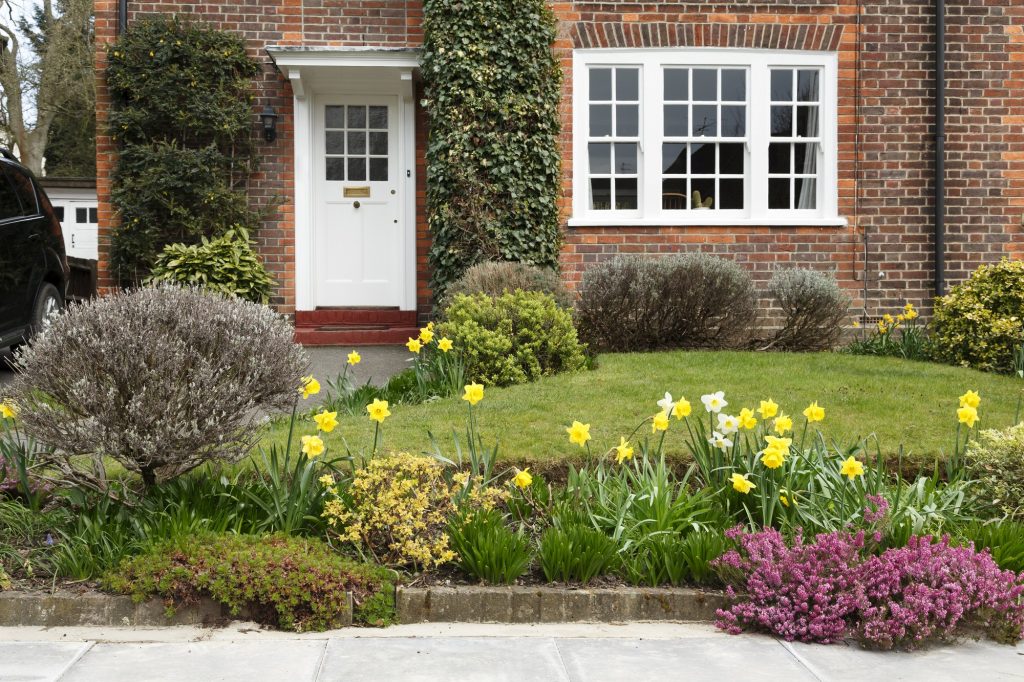Your home is supposed to be the one place in the world where you feel at your most safe and secure. But even the cosiest of spaces needs a little forward thinking to stay truly safe and secure. From everyday risks to unexpected events, it pays to put the right precautions in place before trouble has a chance to strike. In this guide, we’ll walk through practical and effective ways to protect your home, giving you greater peace of mind and confidence that your space – and everything in it – is well looked after.
Home Insurance
Even with the best prevention, sometimes trouble strikes. Home insurance gives you a financial safety net if something does go wrong. Review your policy every year to make sure it covers what you actually need – from theft and fire damage to flooding. If you’ve recently upgraded your home or bought new valuables, update your policy so you’re not underinsured.
Compare the difference in prices that you can get, as you also don’t want to be paying over the odds. Get the balance right and you will feel great peace of mind and comfort that your home is protected should the worst happen.
Weatherproofing

The weather can be unpredictable, and the last thing you want is a sudden downpour or cold snap causing damage, so protecting your house from the elements is important. Weatherproofing your home helps protect it from wind, rain, frost, and even summer heat. Simple steps like checking your roof tiles, clearing gutters, sealing window frames, and insulating pipes can prevent leaks, damp, and frozen bursts.
If you’ve got outdoor furniture or garden structures, secure or cover them before storms arrive. Investing in proper insulation and draught-proofing also keeps your home warmer in winter and lowers energy bills — a win for both comfort and protection.
Protect From Intruders
A break-in is a devastating event to experience, but you can reduce the risk of this happening by taking a closer look at your home security. A security system doesn’t have to mean a complicated, expensive setup anymore. Today’s options range from full professional monitoring to DIY systems with wireless sensors and smartphone apps. Even a few strategically placed cameras can act as a deterrent.
Look for systems that allow you to monitor activity in real-time from your phone. If you’re away on holiday, you’ll be able to check in and ensure everything is as it should be.
Guard Against Water Damage

Water might seem harmless compared to burglary or fire, but leaks and flooding can wreak havoc on your home. A burst pipe, a leaking washing machine, or even heavy rainfall can lead to expensive repairs.
Check pipes and appliances regularly, and don’t ignore small drips or damp patches – they can be signs of a bigger issue. If you have a leaking tap, for example, take steps to fix it rather than potentially letting it get worse. If mould takes hold, you may need to call on a professional team equipped with air sampling pumps. Installing a smart water leak detector under sinks or near your boiler can give you an early warning of a potential problem.
If you live in a flood-prone area, it’s worth looking into sandbags or flood barriers as a preventative measure.
Strengthen Your Doors and Windows
It might sound obvious, but the majority of burglaries still happen through weak or poorly secured entry points. Sturdy doors with deadbolt locks are your first line of defence. If you’ve got a hollow-core front door, consider upgrading it to a solid wood or reinforced steel version.
For windows, fit them with reliable locks, and if you live on the ground floor, think about adding window security film or bars for extra protection without compromising natural light.
Light Up the Outside

Criminals love darkness because it gives them cover. Outdoor lighting, especially motion-sensor lights, is an easy and affordable way to make your home less appealing to trespassers. Position them at entryways, along pathways, and in darker corners of the garden. As a bonus, good lighting makes it safer for you and your family when coming home at night.
If you want to go one step further, consider solar-powered security lights – they’re energy-efficient and cost-effective to run.
Fire and Carbon Monoxide Protection
Not all threats come from the outside. Fire and carbon monoxide are two risks that can be devastating if ignored. Make sure you have working smoke detectors on every floor of your home, ideally outside bedrooms and in the kitchen. Test them monthly and replace batteries regularly.
A carbon monoxide alarm is just as vital, especially if you use gas appliances, wood burners, or an attached garage. This colourless, odourless gas can be deadly – but a simple alarm will alert you long before it becomes dangerous.
Home Maintenance

General home maintenance and upkeep of your home is important too. Taking small steps now can potentially stop a huge problem from arising at some point in the future, so don’t put off fixing things inside or outside your home, like broken fences, old locks or heating.
A well-maintained home can also help to put off burglars who may be looking for a target that looks a little easier to access.
Don’t Forget Digital Security
Your home’s safety isn’t just about locks and alarms anymore – your Wi-Fi network is just as important. Hackers can access personal data through unsecured networks, which might lead to identity theft or even smart device tampering.
Secure your Wi-Fi with a strong password, keep your router updated, and avoid using the default admin login details. If you’ve got smart home devices (like cameras, thermostats, or door locks), make sure each one has its own unique password.
Be Smart About Daily Habits

Sometimes, the best protection comes from simple changes to your routine. Leaving lights on a timer when you’re out makes your home look occupied. Don’t leave ladders, tools, or garden equipment lying around – they can be used by burglars to gain access.
It’s also wise to be cautious about what you share online. Posting that you’re on holiday might be tempting, but it can also tip off would-be intruders that your house is empty.
Build Good Relationships with Neighbours
One of the most underrated forms of protection is community. Neighbours who know and look out for each other create a natural layer of security. Whether it’s keeping an eye on each other’s homes while away, picking up parcels, or simply knowing who should and shouldn’t be around, these small acts build a stronger safety net.
If your area has a neighbourhood watch scheme, consider joining – it’s a great way to stay connected and informed.
Final Thoughts
Protecting your home doesn’t have to feel overwhelming. It’s about layering small but effective steps – strong locks, good lighting, fire safety, digital protection, and a supportive community – to create a space where you truly feel safe. By staying one step ahead and putting preventative measures in place, you’ll protect not only your property but also your peace of mind.
After all, your home isn’t just bricks and mortar. It’s the backdrop to your life, your memories, and your future – and it deserves to be kept safe from whatever trouble might come its way.
